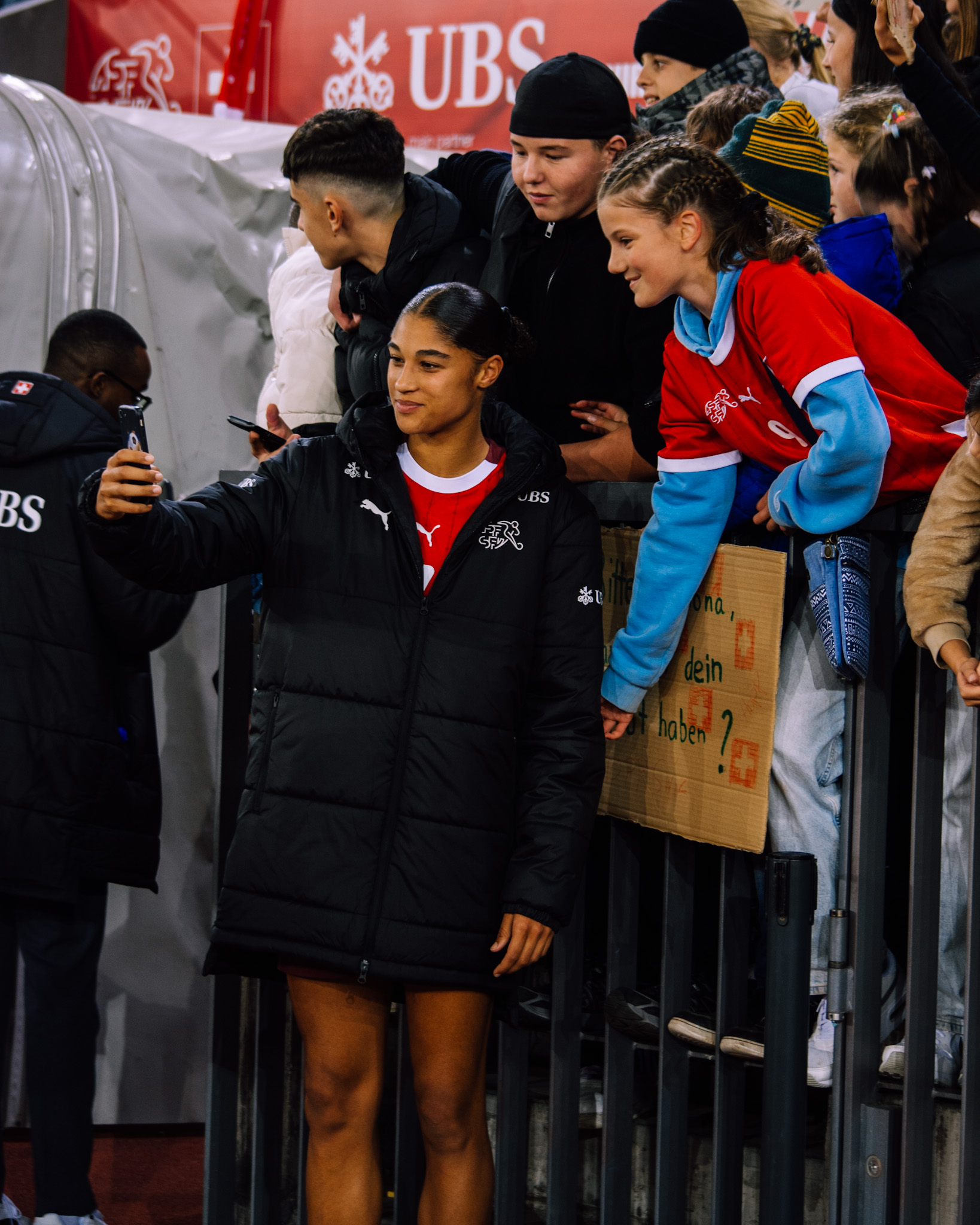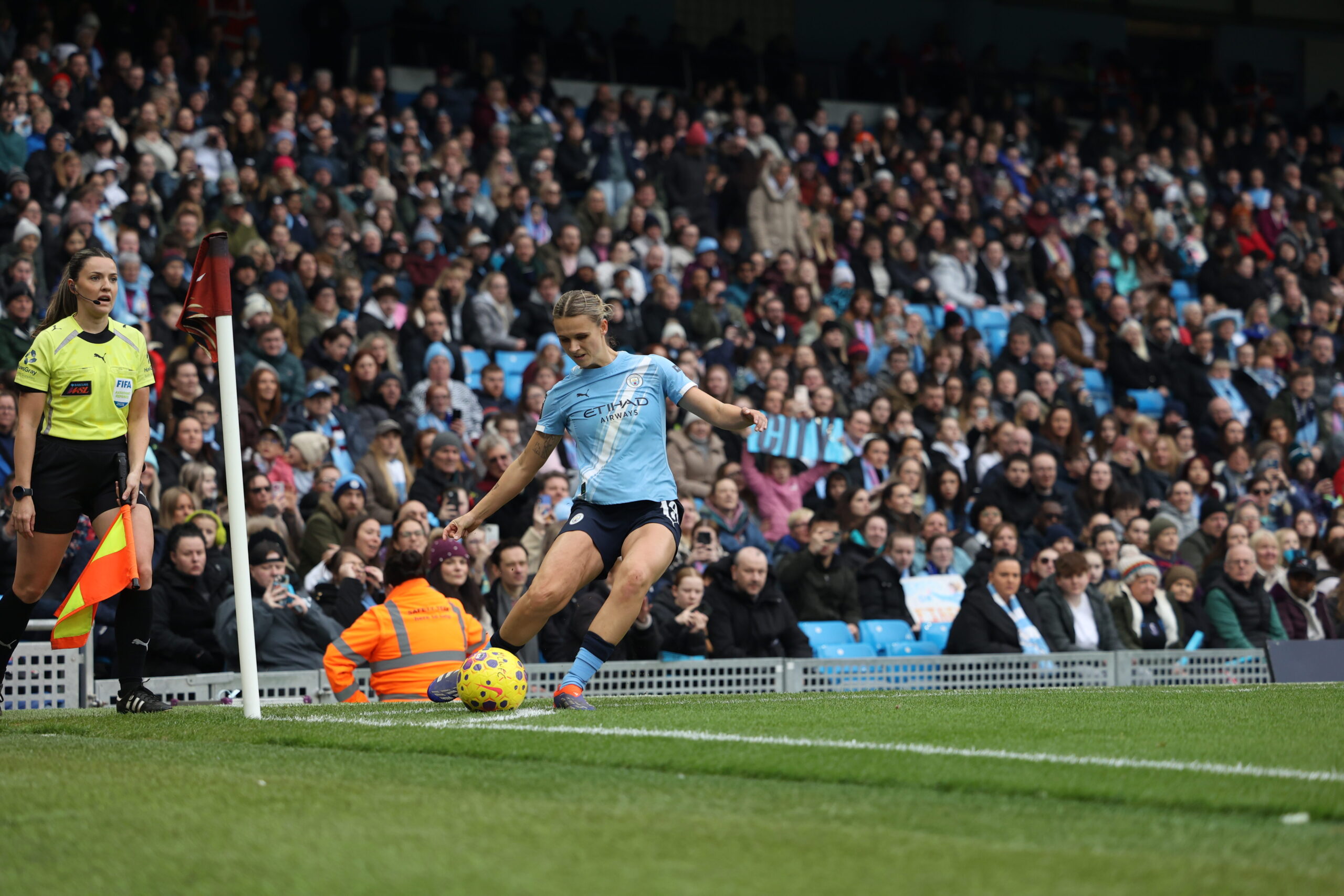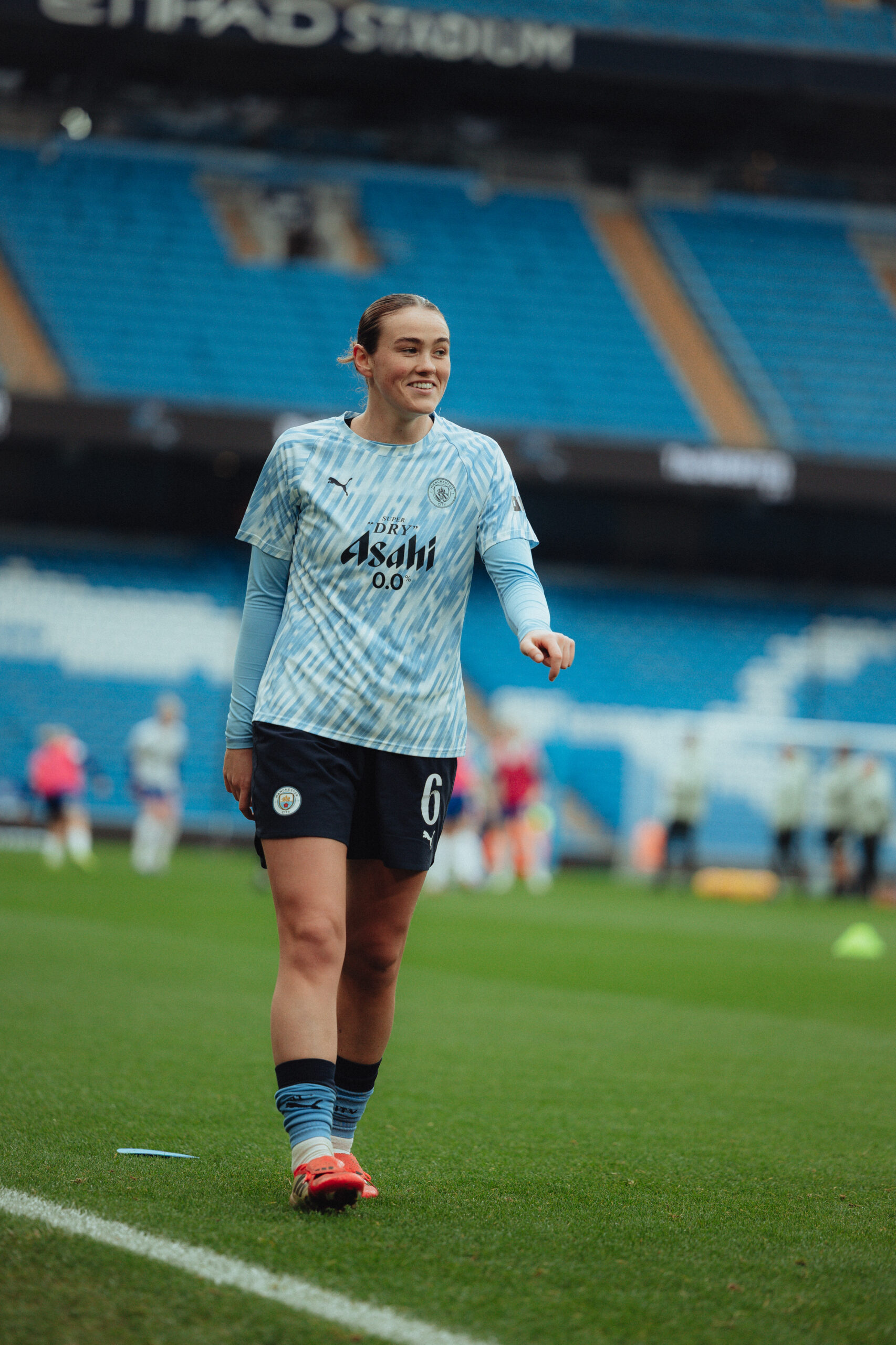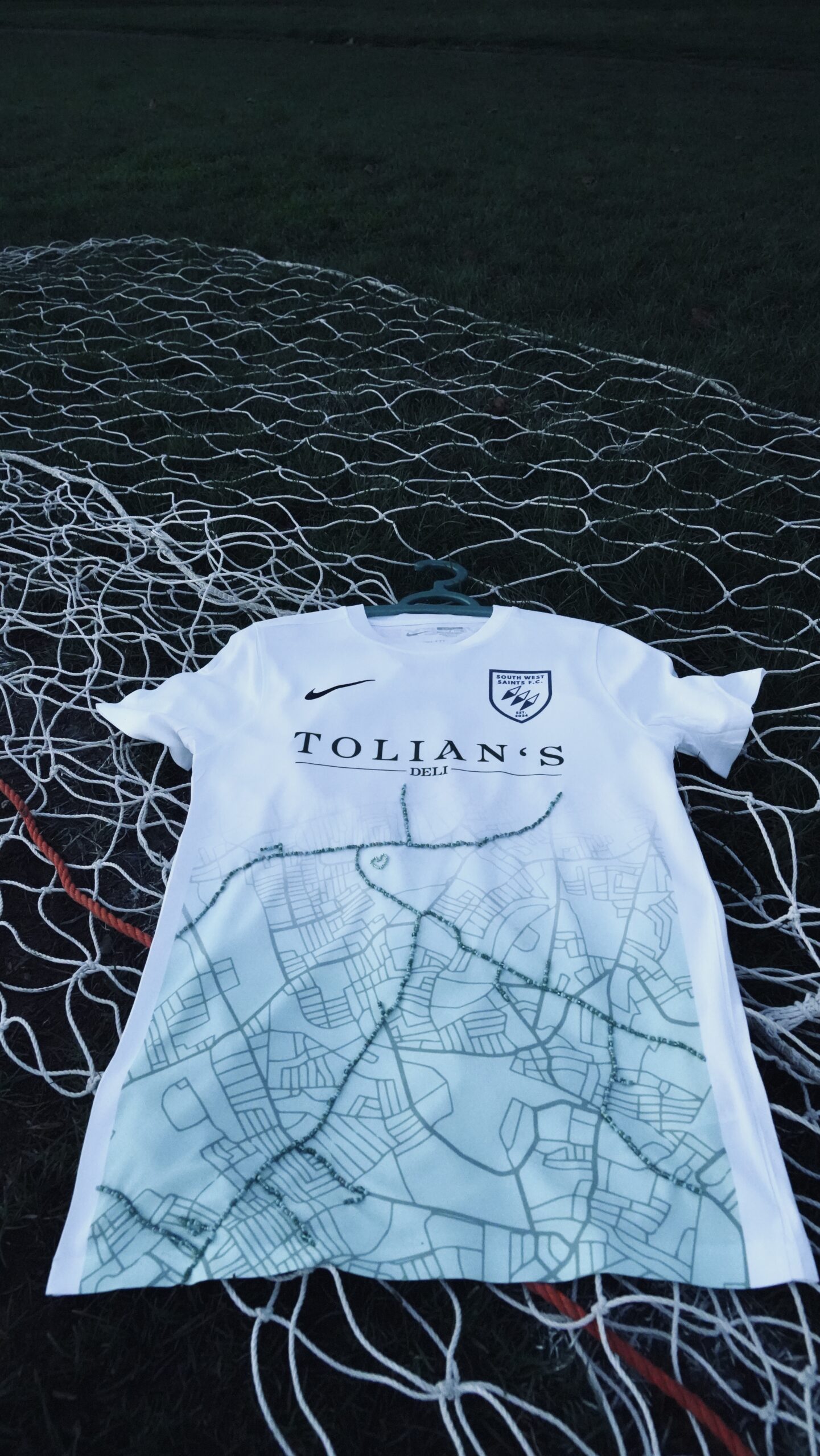Since the competition kicked off earlier this month, the 2025 Women’s European Championship seems to be promising a summer of thrilling football.
From unbelievable game domination, such as Spain’s 5-0 defeat of Portugal, to exciting last minute comebacks like Sweden against Germany, and historic goals, such as Wales’ first international tournament goal against France. The group stages have shown us nations both small and large that are hungry to demonstrate the vast improvements made since three years ago.
England’s Lionesses are coming into this year’s competition as reigning champions, and previous tournament hosts the Netherlands also managed to win the coveted trophy back in 2017.
So, what are the chances like for this year’s hosts?
Since the tournament began, Switzerland have had their share of ups and downs. From a first day loss to Norway, to a 2-0 win over Iceland, to an exciting last minute draw – narrowly avoiding a group stage exit by pulling off a late equaliser against Finland. It is evident the adrenaline and motivation that comes from a home tournament is not lost on the Swiss team.
The triumph of the Lionesses in Euro 2022 shone a well-deserved light on women’s football in the United Kingdom, and things have only improved in the years since. Could a stellar performance by this year’s hosts be what women’s football in Switzerland needs to grow in a similar fashion?
While on the rise, the women’s game in Switzerland has fallen behind other European nations, with almost all national team players playing for different leagues. For example, players like Alisha Lehmann and Luana Bühler have opted to further their careers at competitive clubs such as Juventus and Tottenham Hotspur.
The domestic Swiss Women’s Super League is still not fully professional, and the average fan turnout is a stark comparison to other blossoming women’s leagues in neighboring countries. In addition, the average salary in women’s football in Switzerland is still yet to reach a sufficient standard. It is apparent that despite steady improvements, for a future in football, most Swiss players leave their home nation.
However this year, as hosts, Switzerland have the opportunity to forge a new path, and promote the women’s game through widespread national support and media recognition. While they may not win, a strong performance could be the catalyst to propel speedier game growth.
And a solid performance is not out of the question. The Swiss women’s team is peppered with talent, from Arsenal mainstay and national team captain Lia Wälti, to the starry come-up of youthful Barcelona starter Sydney Schertenleib. The latter has become a reliable starter for FC Barcelona, playing alongside Ballon D’Or nominees Alexia Putellas and Aitana Bonmati. In the Champions League, Schertenleib scored Barcelona’s fourth goal in the winning match against Wolfsburg, after only having been brought on three minutes prior.
The team’s youth talent also consists of recent Manchester City signing, 18 year old Iman Beney, and 19 year old Leila Wandeler, who plays for French Division 1 Champions, Lyon.
Arsenal’s Lia Wälti has been dubbed one of the most important players for Switzerland. With 125 caps for her nation under her belt, her skill and experience makes her an invaluable asset. Defender Noelle Maritz and midfielder Geraldine Reuteler are also set to be key players and role models, with impressive track records at various big clubs and numerous national appearances. Reuteler also recently secured Player of the Match in Switzerland’s match against Finland, demonstrating her spectacular speed and playmaking ability.
While every nation will vie for the glory of that European Champion title, far greater is the long-lasting impact the teams’ efforts will leave on the women’s game.
Following suit to previous hosts, Switzerland can use this Euros to create a legacy for future generations, shining a spotlight on the talent and opportunity within the women’s game, while increasing participation and popularity.



